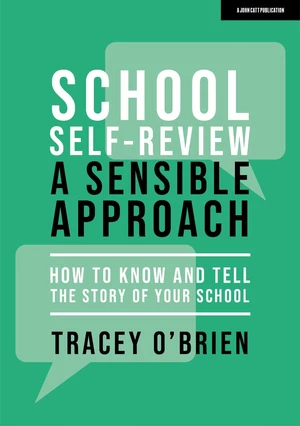This book looks at the sensible and meaningful role of self-review in creating sustainable improvement in all areas across secondary schools. It outlines a self-review approach focussed on key principles which ensure this approach is transparent, purposeful, does not negatively impact on workload, that does not use the same approach for all teams and that does actually result in clear ideas for school improvement. It discusses claims of effective self-review including that it challenges thinking, leads to improvement, incorporates a range of stakeholders, skills people up, and helps build professional communities. The book is full of examples and case studies so that the reader can transfer some of these ideas to their context, discuss them at meetings and help generate new ideas. It challenges the 'deep dive' approach as something that should be left to Ofsted and instead suggests that leaders should know daily what is happening in their schools, and instead work with staff to design self-review activities that are bespoke and fit for purpose. The main theme is around 'improve not prove', where stakeholders feel involved, valued and empowered to be change-makers at a range of scales. It examines how effective self-review can reduce workload and support improvements in wellbeing.
Price history
▲14.31%
Dec 16, 2022
€7.69
Nov 5, 2022
€6.72

